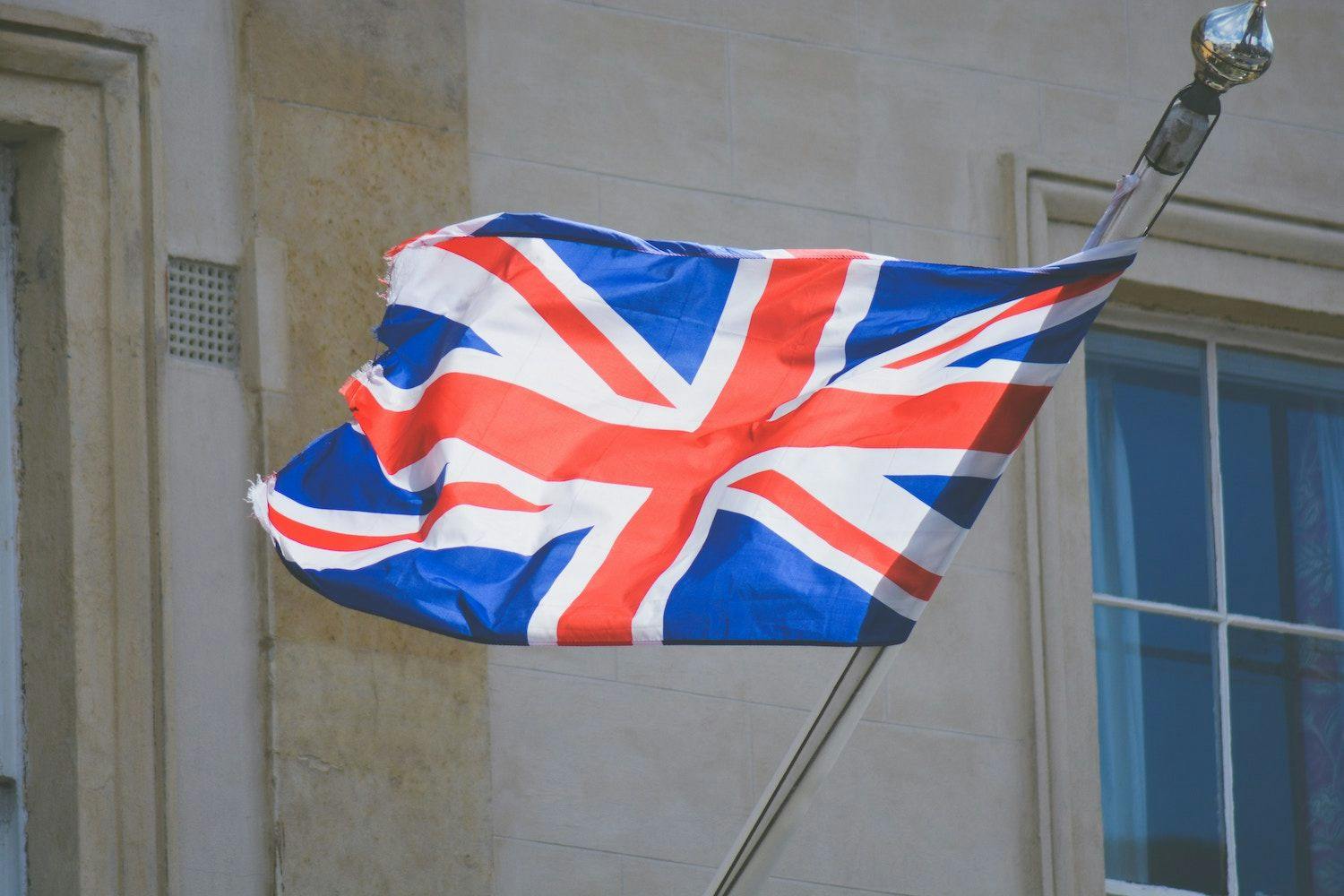
All forms of Brexit will negatively impact the NHS, but the prospect of a No-Deal Brexit presents by far the worst scenario, according to a new Health Policy review published in The Lancet
While the Withdrawal Agreement negotiated between the UK Government and the EU - but not agreed by Parliament - offers a more positive scenario compared to a No-Deal Brexit, there are serious concerns about the negative impact of Brexit on the NHS beyond the transition period.
Published in The Lancet, the new Health Policy suggests a No-Deal Brexit would have negative effects on the healthcare workforce, NHS financing, availability of medicines and vaccines, and the sharing of information and medical research.
Under either the Backstop or Political Declaration scenarios, the impact of Brexit on the NHS is only slightly less harmful than the No-Deal scenario, though the exact impacts vary.
In the new analysis, the authors, who are leading experts in public health and law, use the available legal and political texts on four Brexit scenarios to assess the likely impact on 15 specific aspects of the UK health service.
The four scenarios
The four scenarios are a No-Deal Brexit under which the UK leaves the EU on March 29, 2019 without any formal agreement on the terms of the withdrawal, the Withdrawal Agreement including a transition agreements until the end of 2020, the Northern Ireland Protocol’s Backstop, and the Political Declaration on the Future Relationship between the UK and EU, which are possible scenarios after the end of the transition period.
Remaining in the EU was not included in the analysis, but is better overall for health than any form of Brexit, as was outlined in a previous paper by the same authors in 2017.
The authors warn that little evidence exists that the UK is prepared for any of the eventualities set out in their analysis. For example, the recently published NHS 10-year plan ran to 136 pages, with only two mentions of Brexit, neither of which offered any detail about what it might mean, or how any threats would be addressed.
Professor Martin McKee, co-author from the London School of Hygiene and Tropical Medicine (UK) said: “Some people will dismiss our analysis as “Project Fear”. But with just over a month to go to Brexit, we need to move beyond slogans.
“We have set out the problems in detail, based on the best available evidence. If others disagree, then they owe it to the British people to say why. It just isn’t good enough to keep saying that ‘something will work out’ without any details of exactly how.”

The challenges
Recruitment and retention of the healthcare workforce represents a major challenge post Brexit. The Withdrawal Agreement provides reciprocal arrangements and mutual recognition of professional qualifications up to 2020. But, no provisions for healthcare workers have been made in the Backstop or Political Declaration.
And, under a No-Deal Brexit, the Immigration White Paper proposes a minimum salary threshold of £30,000 per year which could seriously limit immigration of many health workers to the UK.
Under the Withdrawal Agreement, reciprocal healthcare arrangements (for example, the European Health Insurance Card) would remain, but only until 2020 as there is no mechanism to continue them subsequently, although some limited agreements may be possible with time.
All reciprocal healthcare arrangements would cease in 2019 under a No-Deal scenario. This would be particularly harmful to older UK residents and people with pre-existing conditions for whom health insurance covers in the EU would be particularly expensive.
Access to capital financing for NHS infrastructure via the European Investment Bank would be negatively impacted in all scenarios. As one of the largest areas of public expenditure, any negative impact in the UK economy will put additional pressure on NHS financing, and the UK has already seen a slower rate of economic growth than if it has remained in the EU.
Given looming crises in several other sectors, including welfare and the criminal justice system, the authors note that concerns about whether the Government can maintain its funding commitments for the NHS are warranted.
Under the Withdrawal Agreement, the continuity of legal provisions will secure supply chains for medicines, vaccines, medical devices and equipment until 2020. Under a No-Deal, the absence of a legal framework for imports and exports would have an immediate and drastic effect on supply chains.
While the Government has reassured that there are contingency plans in place, shortages are likely because stockpiling arrangements cannot cope more than a few weeks, proposals that doctors offer “best alternative medication” can be distressing for patients, and some products cannot be stockpiled.

Under any form of Brexit, the UK will no longer be part of the European Medicines Agency, and while the UK’s Medicines and Health products Regulatory Agency will continue to license medicines, without laws in place to secure regulatory alignment, the UK would become less attractive for global pharma to launch new medicines, potentially meaning launch dates of up to 24 months later.
Professor Tamara Hervey, co-author from the University of Sheffield, School of Law said: “It’s critical to be clear about the practical effects of disentangling over 40 years of legal integration.
“This is not something that can be done hastily without potentially jeopardising people’s health. Future legal relations will have quite different effects on the NHS: these should be taken into account when the UK Government, advised by Parliament, makes its post Brexit choices.”
Dr Nick Fahy, co-author from the University of Oxford, Department of Primary Care said: “The NHS is at the heart of our national life; it is vital to understand the impact Brexit will have on it. Patients and the people who care for them are facing ever-growing uncertainty and potential disruption to healthcare.
“The NHS urgently needs clarity and certainty about Brexit.”
The authors note that their analysis is based on the most up-to-date available legal texts, but is inherently limited by the lack of transparency about the Governments’ preparations, the lack of detail in the Political Declaration, and the unprecedented nature of a member state leaving the EU after more than 40 years of membership for which no comparable situation exists.
What does it all mean?
There are so many scenarios, and understandably, many of us are tiring of the Brexit chat. The 29 March is fast approaching, so, what does it all mean?
Chris Morris from BBC Reality Check explains more, pulling out the key points from the agreement and what it means.
Want to know more? Read our articles NHS 10-Year Plan: What We Know So Far and Young People Concerned About the Future of UK Health Services

